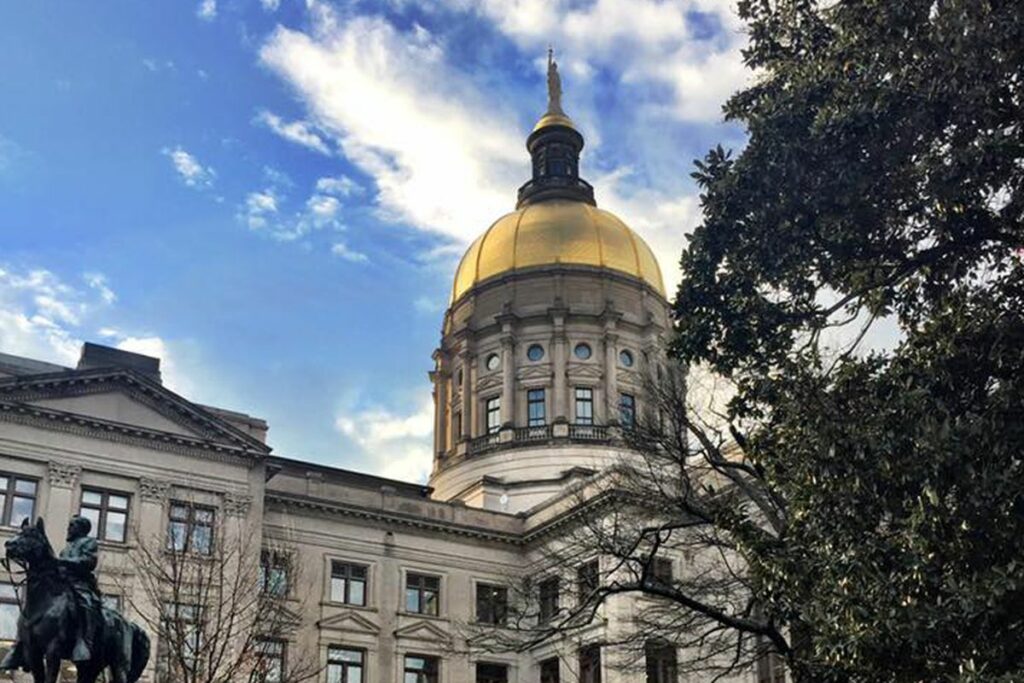
ATLANTA – The Georgia House of Representatives overwhelmingly passed a $29.9 billion mid-year budget Friday that would raise the salaries of teachers and state employees and accelerate work on building projects across Georgia.
The mid-year budget, which covers spending through June 30, sailed through the House 152-4 and now moves to the state Senate.
With state coffers flush with higher-than-anticipated tax revenues, Gov. Brian Kemp and the General Assembly are poised to provide election-year dividends in the form of a $2,000 pay increase for Georgia teachers and a $5,000 raise for most state workers.
The teacher pay raise – combined with a $3,000 increase lawmakers approved three years ago – would let Kemp fulfill a promise he made on the campaign trail in 2018.
“This is a tremendous investment into the human capital of Georgia,” House Majority Leader Jon Burns, R-Newington, said shortly before Friday’s vote.
The mid-year budget also would allocate cash dollars to pay for a series of building projects normally funded through bonds appropriated in the so-called “big” budget that takes effect July 1.
The list includes $4.8 million to complete the state Department of Public Safety’s new headquarters building in Atlanta, $4.6 million for repairs to buildings at the Georgia National Fairgrounds in Perry, and $2 million to design the second phase of an expansion at the University of North Georgia.
House lawmakers also put up nearly $383 million to fully fund Georgia’s K-12 student funding formula. The Quality Basic Education (QBE) formula, which originated during the 1980s, was never fully funded until recent years.
However, uncertainty over how the coronavirus pandemic was going to affect state tax collections prompted the General Assembly to cut formula funding two years ago.
On Friday, some House Democrats questioned whether the mid-year budget would truly fund QBE completely and argued the decades-old formula needs to be modernized.
But House Appropriations Committee Chairman Terry England said previous efforts to reexamine QBE funding failed to yield results.
“We can’t find a better way … to fund education,” said England, R-Auburn.
The mid-year budget would also give a boost to mental health services, including $310,000 to help the Georgia Crisis Access Line interface with a new national mental health crisis hotline due to launch July 1.
“We’ve made provision for some of the mental-health programs I’ve talked about all session,” said House Speaker David Ralston, R-Blue Ridge. “I’m very pleased with the budget.”
This story is available through a news partnership with Capitol Beat News Service, a project of the Georgia Press Educational Foundation.